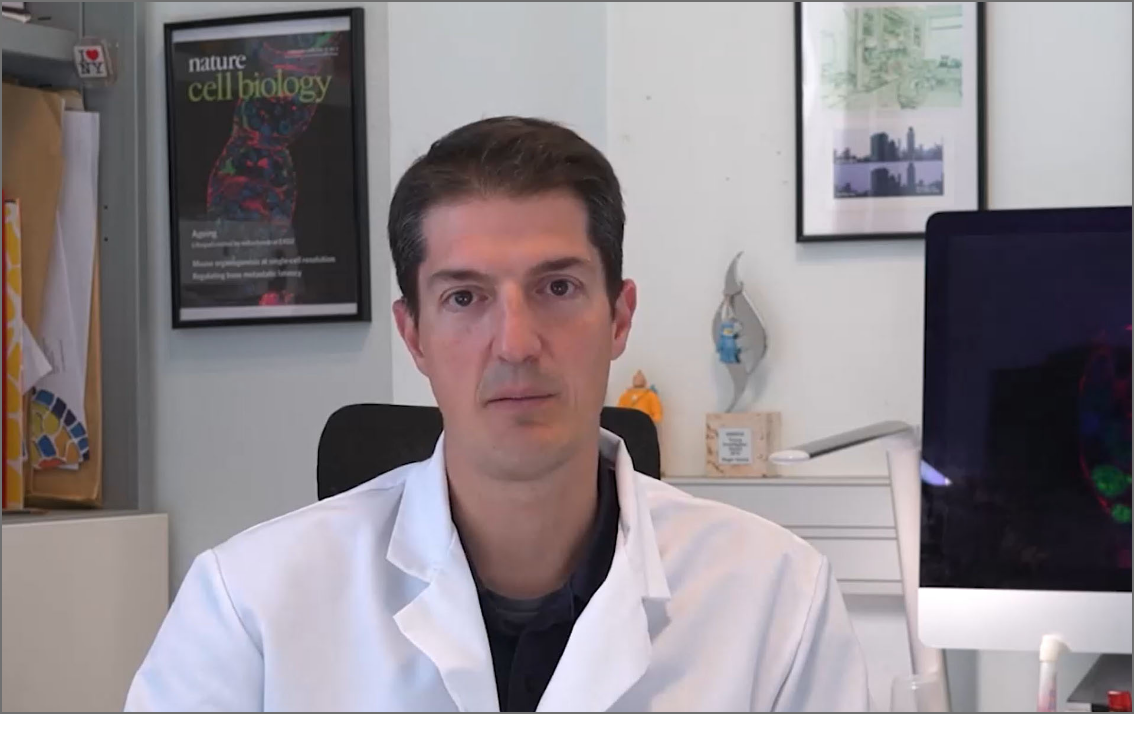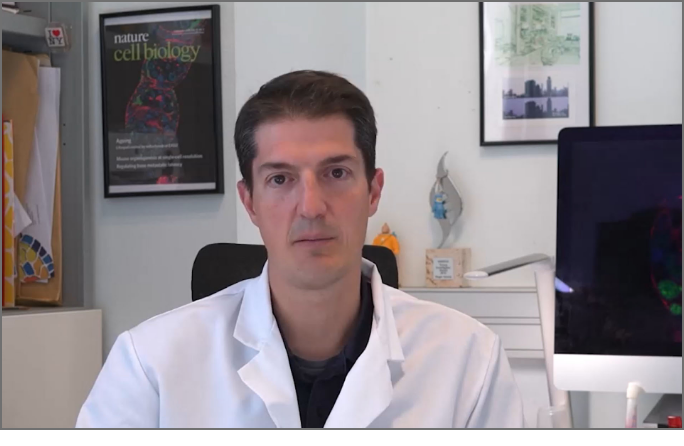



2.2 million women suffer from breast cancer per year worldwide.
Uncover the Undiscovered
Breast cancer is the most commonly diagnosed cancer for women, and still remains the leading cause of
cancer death in women worldwide. Most deaths are due to metastatic spread rather than to the primary
tumor.
Currently there is a growing unmet need for biomarkers for effective patient
management to identify patients that will benefit an adjuvant treatment to prevent disease spread.
There is a serious impact on the outlook of the future of patients with breast cancer because, given the
uncertainty of facing relapse or metastasis, today’s cure is no guarantee for tomorrow.
We
want to shift the perspective and provide more personalized treatment plans driven by knowledge and
based on precision medicine.



Uncovering the MAF gene biology
Adjuvant bisphosphonates are generally recommended by clinical guidelines for postmenopausal
women with early breast cancer deemed at significant risk for recurrence.
We have
developed the MAF Test®, that aims to improve
patient selection for adjuvant bisphosphonate treatment of
early
breast cancer patients. Using patient specimens from
two landmark trials in adjuvant breast
cancer treatment
(AZURE and NSABP-B34), we uncovered the biology of the
MAF gene and
its clinical utility.
Benefits from adjuvant bisphosphonates are seen in 80% of patients with normal levels of MAF
gene expression, irrespective of menopausal status and age, while over expression is associated
with a poor prognosis and a worse outcome linked to a higher rate of metastases.
This
discovery drives a new perspective on the treatment plan in early breast cancer.
Enabling
personalised adjuvant therapies with the aim to improve breast cancer patients’ risk of relapse
and overall survival.

Source Bioscience and Inbiomotion sign an exclusive agreement
The exclusive agreement will make the novel MAF Test® for identifying high risk early-stage breast cancer patients available in United Kingdom and Ireland.


1 out of 4 of women with early breast cancer may develop metastasis over their life time, with more than 7 out of 10 with bone metastasis.
Breast cancer is the leading cause of cancer death for women worldwide, accounting for 1 in 6 cancer deaths. Breast cancer claims the lives of more European women than any other cancer.
of woman is
MAF Negative
of woman is
MAF Positive
MAF Test® biomarker aims to allowing doctors to select breast cancer patients who are MAF-negative for adjuvant treatment with bisphosphonates, and excluding those who are MAF-positive from an ineffective treatment and potential harm.
MAF negative patients may be eligible for adjuvant treatment with bisphosphonates in early breast
cancer, including non-post-menopausal patients currently not recommend in clinical guidelines.
MAF
positive patients may be excluded from adjuvant treatment with bisphosphonates, including
post-menopausal patients who do not benefit or may be harmed.







































